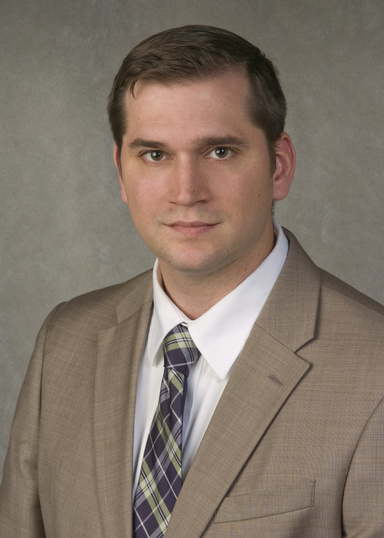Peace is a tricky thing absent forgiveness, without one group of people willing to collectively forgive another group that has done horrible things to them, and a new study has found what its authors hope are the key elements to intergroup forgiveness.
The study co-authored by a University of Iowa management researcher finds that the depth of anger among victims and the willingness of perpetrators to acknowledge their guilt could be the keys to intergroup forgiveness. The new study also found that people are more willing to forgive transgressions from within a group than from someone outside.
“When there’s a perceived transgression, the anger is enhanced when the transgressor is seen to be an out-person, or someone not from their self-identified group, which makes forgiveness more difficult,” says Ernest O’Boyle, assistant professor of management and organizations in the Tippie College of Business and a co-author of the study, “ A Meta-analysis of Intergroup Forgiveness.”

The study analyzed 43 previously published research papers about intergroup forgiveness and looked for common conclusions; 28 of them studied disputes between groups within a national border (such as blacks and whites in South Africa or Hutus and Tutsisin Rwanda) and 15 examined disputes between nations (such as India and Pakistan).
The study found that three factors were the strongest predictors as to whether one group can forgive another; the willingness of the people who see themselves as victims to see the perpetrators as humans and not monsters; the depth of anger the victims feel toward the transgressors; and the willingness of the transgressors to acknowledge their wrongdoing to the victims.
As an example, O’Boyle says that survey data suggests that Jewish people today bear less collective resentment toward Germany, in part because Germans have strongly acknowledged their collective guilt for the Holocaust since World War II ended.
On the other hand, he says research shows that resentment between Croats and Serbs continues to fester as it has for centuries because neither side has fully acknowledged perceived wrongdoings that it believes the other has committed.
The analysis also found that individuals can play a mediating role in bringing about forgiveness, as Nelson Mandela has been lauded for doing while leading South Africa from the horrors of apartheid to a black majority rule with no significant violence.
Personal contact between members of conflicting groups also helps forgiveness, he says, pointing to the successful record of integrated schools in Northern Ireland in facilitating forgiveness and reconciliation between Catholics and Protestants. He says the exception to this is when one group has a strong in-group identity, in which case they perceive what they expect during periods of contact and simply reinforce their prejudices.
But more than anything, O’Boyle says the biggest key to forgiveness is finding common ground between groups. In cases where some “superordinate group identification” can be found, then the victims are less likely to see the transgressors as monsters and are more willing to forgive them.
O’Boyle again points to South Africa as an example, when Mandela made it a priority as president to encourage everyone in his country, blacks and whites, to support its national rugby team in the 1995 World Cup, even though the game was played mostly by whites. By finding this common goal, O’Boyle says Mandela hoped that blacks and whites would come to see themselves as countrymen, working together for the good of their nation.
The study found the biggest barrier to forgiveness was the strength of a perceived victim group’s self-identification. The stronger that identification to a victim group, he says, the less willing a group is to forgive its transgressor.
O’Boyle says one surprising finding of the analysis is that women did not act as a moderating force for forgiveness. He says the authors’ hypothesis was that collective forgiveness was more likely if more women were in the study’s sample. But he says that did not turn out to be true.
The analysis was co-authored by Daryl Van Tongeren of Hope College, Jeni Burnette and Donelson Forsyth of the University of Richmond, and Everett Worthington Jr. of Virginia Commonwealth University. It will be published in a forthcoming issue of the Journal of Positive Psychology.